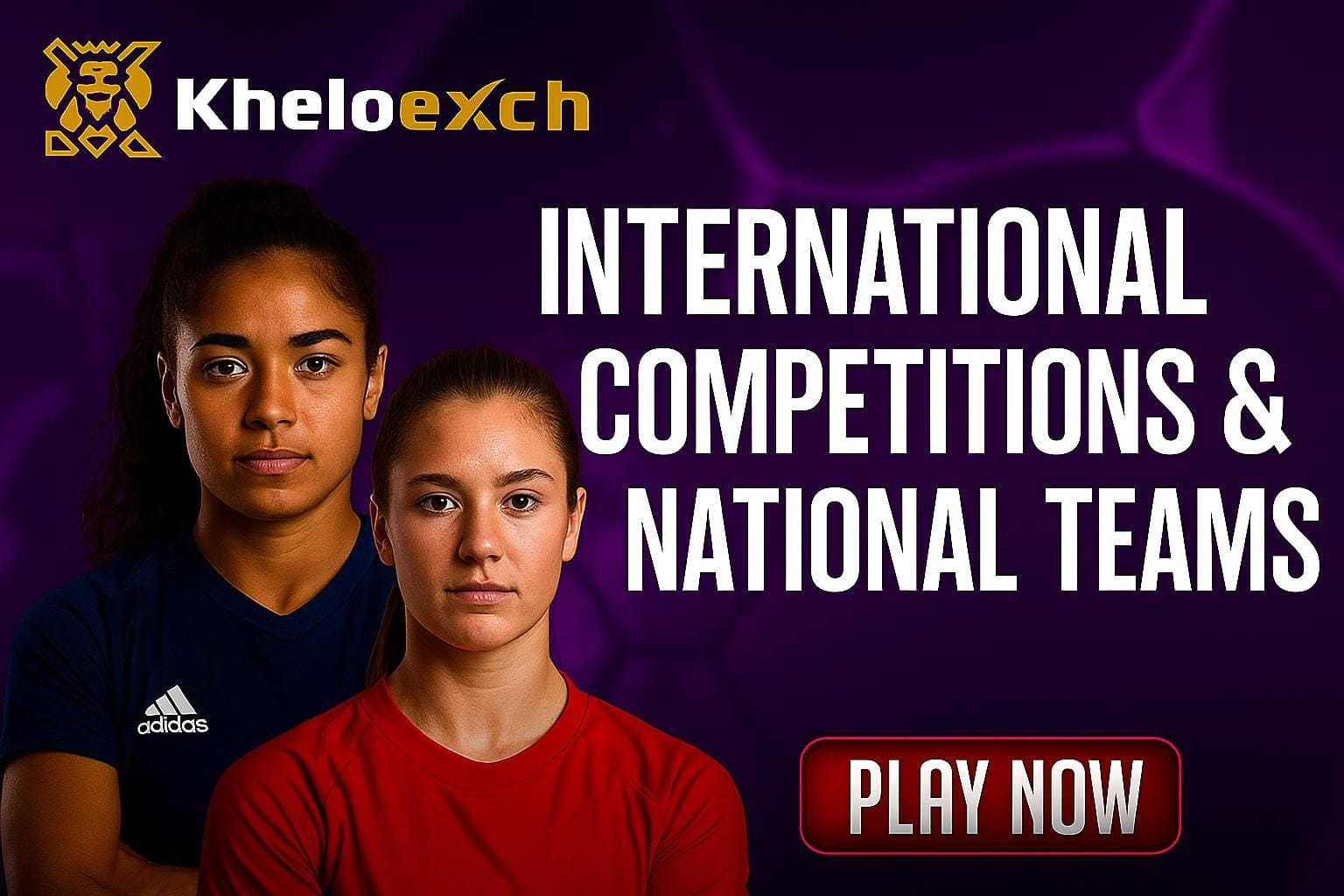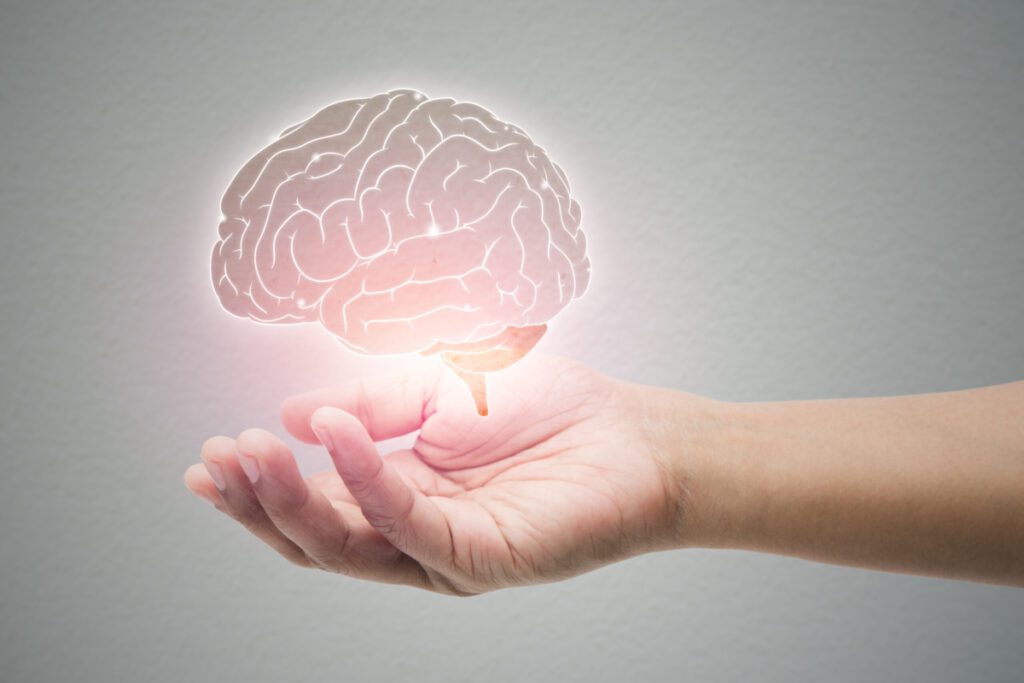
In the world of sports, international competitions and national teams are the ultimate expressions of talent, passion, and national pride. They bring together athletes from diverse cultures and backgrounds to compete on the global stage, inspiring millions and fostering unity through the universal language of sport.
The Essence of International Competitions
International competitions are tournaments or events where athletes or teams representing their countries compete against each other. These events transcend mere sporting contests; they are celebrations of cultural exchange, diplomacy, and global cooperation.
Some of the most iconic international competitions include the Olympics, FIFA World Cup, ICC Cricket World Cup, Rugby World Cup, and the World Athletics Championships. Each event not only tests athletic prowess but also reflects the shared human spirit of striving for excellence, resilience, and fair play.
Global Impact and Cultural Exchange
International competitions have an unparalleled ability to unite people across continents. They showcase the rich diversity of cultures and traditions, as athletes and fans share in experiences that go beyond the sport itself. The Olympic Games, for instance, symbolize peace and solidarity, inviting countries to come together in the spirit of friendly competition.
These tournaments often become platforms for raising awareness about global issues, promoting inclusivity, and encouraging youth participation in sports. The stories of athletes overcoming adversity inspire millions, creating role models who demonstrate that dedication and hard work can break barriers.
The Role of National Teams
National teams are the embodiment of a country’s sporting aspirations. They represent not only the best talent in their sport but also the hopes and dreams of an entire nation. Wearing national colors carries immense responsibility and pride, as athletes become ambassadors of their country’s culture, values, and sporting heritage.
Building Identity and Unity
National teams foster a strong sense of identity and unity among citizens. During major tournaments, people from diverse backgrounds come together to support their team, forging a collective sense of belonging. This unity transcends social, economic, and political differences, reminding us of the common bonds we share.
For example, during the FIFA World Cup, stadiums and living rooms around the world fill with fans cheering their teams, waving flags, and singing anthems. This shared enthusiasm creates moments of joy, hope, and collective celebration that extend far beyond the final whistle.
Developing Talent and Excellence
National teams are also critical to the development of sporting talent. They provide a structured pathway for athletes to progress from grassroots to elite levels. Through rigorous training, access to world-class coaching, and international exposure, players sharpen their skills and gain invaluable experience.
Many countries have invested heavily in youth development programs, academies, and domestic leagues to nurture future national team players. This ecosystem ensures a steady supply of talent, helping maintain competitive standards on the international stage.
Challenges Faced by International Competitions and National Teams
Despite their many benefits, international competitions and national teams face several challenges:
Political and Diplomatic Tensions
Sports can sometimes become entangled in political disputes, with nations using competitions as platforms for protest or political messaging. Boycotts, disputes over hosting rights, or controversies regarding eligibility and representation can overshadow the sporting spirit.
Financial and Logistical Hurdles
Organizing international tournaments demands substantial financial investment and meticulous planning. Ensuring fair participation, infrastructure readiness, and security can be daunting, especially for emerging nations or sports with less commercial appeal.
Balancing Commercialization and Integrity
The increasing commercialization of sports brings greater visibility and resources but can also threaten the purity of competition. Maintaining a balance between generating revenue and preserving the integrity and spirit of the game is a constant challenge for governing bodies.
The Future of International Competitions and National Teams
As technology evolves and the world becomes increasingly connected, the future of international competitions looks promising. Innovations in broadcasting, virtual reality, and data analytics are enhancing fan engagement and athlete performance.
Moreover, there is a growing emphasis on inclusivity, gender equality, and sustainability within the sporting community. More events are adopting eco-friendly practices and promoting equal opportunities for athletes regardless of gender, background, or ability.
National teams will continue to play a pivotal role in uniting their nations and inspiring future generations. The focus on youth development and grassroots initiatives will ensure that the spirit of competition thrives globally.
Conclusion
International competitions and national Kheloexch, teams stand at the heart of global sports culture. They are more than contests of physical skill; they are stages where nations express identity, unity, and ambition. Through triumphs and trials, these events and teams connect the world, reminding us of the power of sport to inspire, heal, and bring people together.
As fans, players, and nations prepare for the Kheloexch Signup next wave of competitions, the enduring appeal of international sport lies in its ability to transcend borders and celebrate the shared human journey toward excellence and camaraderie.







